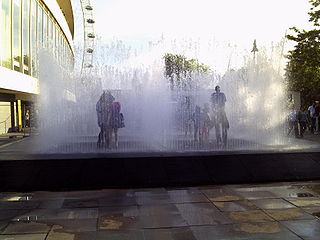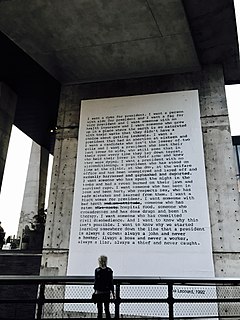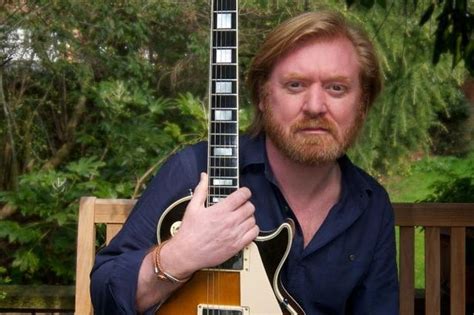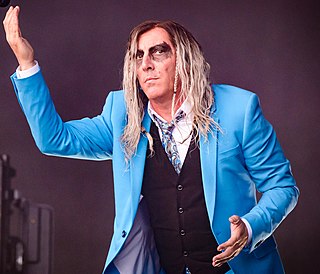A Quote by Jeppe Hein
I was looking for acceptance, love, and that's why I became present in everything I did.
Quote Topics
Related Quotes
We're all looking for acceptance and love, beginning with our parents. And then when you find [that] out, you start working with yourself, you start to find out that the acceptance and love that you find somewhere else mirrors [you] in all kinds of different situations. That type of love you can only find in one place: in yourself. And many times we're all looking for it somewhere else.
But there was no hiding from Conscience. Not in new homes and new cars. In travel. In meditation or frantic activity. In children, in good works. On tiptoes or bended knee. In a big career. Or a small cabin. It would find you. The past always did. Which was why... it was vital to be aware of actions in the present. Because the present became the past, and the past grew. And got up, and followed you. And found you... Who wouldn't be afraid of this?
If you choose to see everything as a miracle, then where you are right now is perfect. There is nowhere to run to; there is nothing else to do except be in this moment and allow what is to be. From that place of radical acceptance, major change can happen. The first step in any transformational experience is acceptance and surrender to the present moment, the way that it is. From that place we have the awareness, humility and power to change what is.
Love, I would later conclude, was all things to all people. Love was the breaking and healing of hearts. Love was misunderstood, love was faith, love was the promise of now that became hope for the future. Love was a rhythm, a resonance, a reverberation. Love was awkward and foolish, it was aggressive and simple and possessed of so many indefinable qualities it could never be conveyed in language. Love was being. The same gravity that relentlessly pulled at me was defied as I rose into something that became everything.
Whenever you try to work through the things that we're trying to work through, that we're addressing, it ends up looking negative. Our goal is nonjudgment, nonfiltered acceptance of everything. So much of our background collectively, especially in the United States, is denying and suppressing and disowning a lot of negativity and the darker areas. You can become swallowed up in it. It's cancerous. The goal should be to define acceptance for everything. To try and consider every aspect. To try to look into the shadows, as well as the light.
He was already looking at their relationship through the lens of the past tense. It puzzled her, the ability of romantic love to mutate, how quickly a loved one could become a stranger. Where did the love go? Perhaps real love was familial, somehow, linked to blood, since love for children did not die as romantic love did.
After my performance 'The Artist is Present (2010)' at MoMA in New York, many scientists became interested in why so many people who sat across from me began to cry. I was incredibly moved by this experience also, and was very curious to know what happens in our brains when we spend time not talking, just looking at one another.































